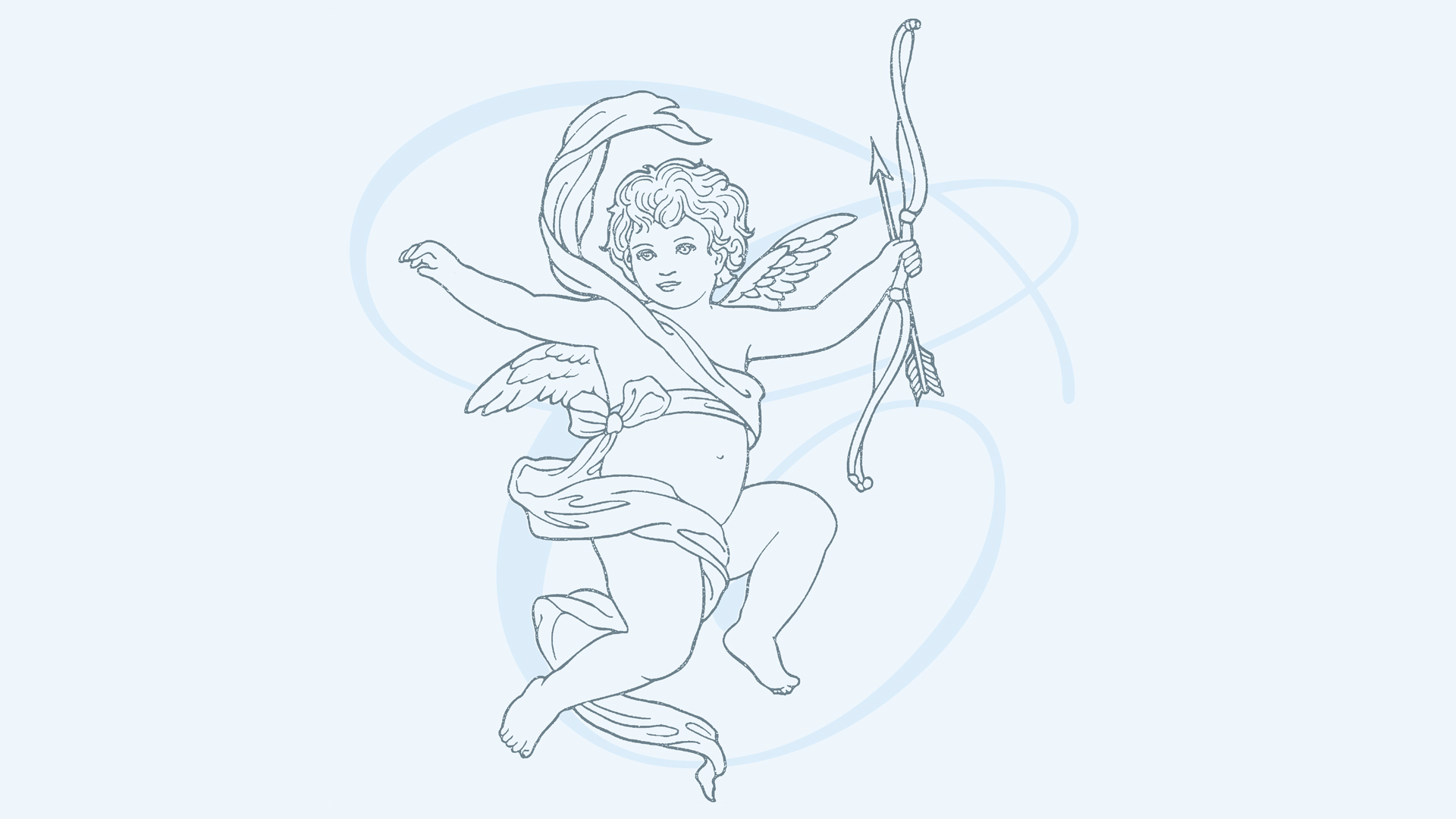Dante’s Divine Comedy has significantly shaped the Christian belief in the immortal soul. This epic poem, authored by Dante Alighieri in the 14th century, remains a pinnacle of Western literature, blending theology, history, and allegory. The poem’s setting is Easter in 1300, though it was written over the next two decades. Dante’s exile and his disputes with the Church, particularly Pope Boniface VIII, lent the…
Story Category: Paganism
What Is Mardi Gras? Should Christians Celebrate Mardi Gras (Shrove Tuesday)? ucg.org
Mardi Gras, also known as Shove Tuesday, is a name of near instant recognition. It is associated with excess in everything from eating and drinking to scant clothing and illicit behavior. Built within the celebration is the idea of sinning heartily before deciding to do anything about it. That’s why Mardi Gras is followed by Ash Wednesday, which is the first day of Lent. Lent,…
A Right Christmas – Edwin Stepp & Robert Boraker vision.org
The early Christian Church didn’t keep Christmas. Christ wasn’t even born in winter. However, a solar feast commemorating the Persian god Mithra, whom the Romans also worshiped, was historically observed on December 25th around the winter solstice. Gift-giving and unrestrained revelry were also features of the Roman Saturnalia, another solstice festival that anchors modern Christmas traditions. Roman emperor Constantine saw the tension between emerging Christianity…
Halloween – Bill Butler vision.org
Halloween is rooted in ancient pagan rites and customs. Why do those who claim Christian identity keep it? Paul told the followers of Christ to disassociate themselves such customs when he said “…what accord has Christ with Belial? …‘Come out from among them and be separate, says the Lord’” (2 Corinthians 6:14–17). Christians ought to reject this overtly pagan festival. Halloween’s history goes back 2,000…
Valentine’s Day – Steven Orchard thefatherscall.org
Valentine’s Day is a ubiquitous global tradition accepted as a celebration of love and endorsed by Christianity and commerce alike. However, the origins of the custom are sordid. St. Valentine apparently existed only in legend. The day was likely named for a popular Gnostic heretic who blended pagan ideas into Catholic doctrine and promoted eroticism as a way to connect with the spirit realm. In…
Cupid’s Disheartening Past – Alice Abler vision.org
Cupid, that winged Valentine’s Day mascot with a sordid past. “From a lusty shepherd-king who died annually, causing weeping of women throughout the known world, to the incestuous sun god who is the bringer of life, his tale spans eons and outlive entire civilizations with variations in names and lore. This intertwined history of Cupid and his mother, the traditional mother/son/spouse deities of sexual love…
Paganism: Who Cares? – Brian Orchard thefatherscall.org
The pagan origins of popular holidays is common knowledge, but who cares? Perhaps the important question is, instead, does God care? God gave the nation He formed, Israel, very specific instructions to avoid paganism. Yet they repeatedly adopted pagan practices including worship of multiple gods, nature, and goddesses. Paganism interrupts the singularity of focus on the true God. It breaks the core of the covenant…







